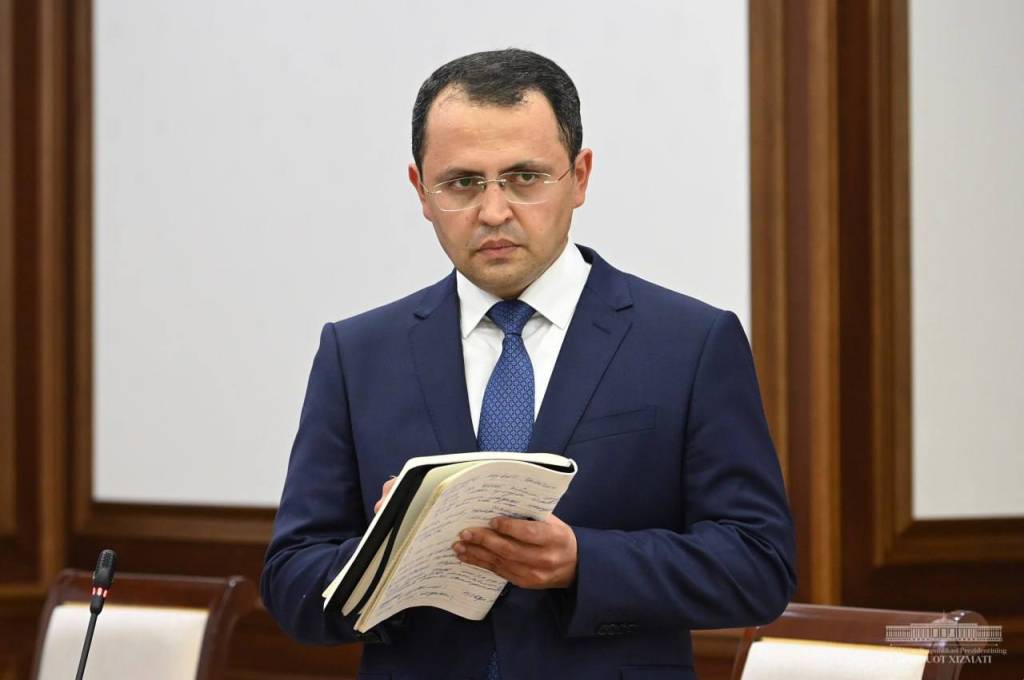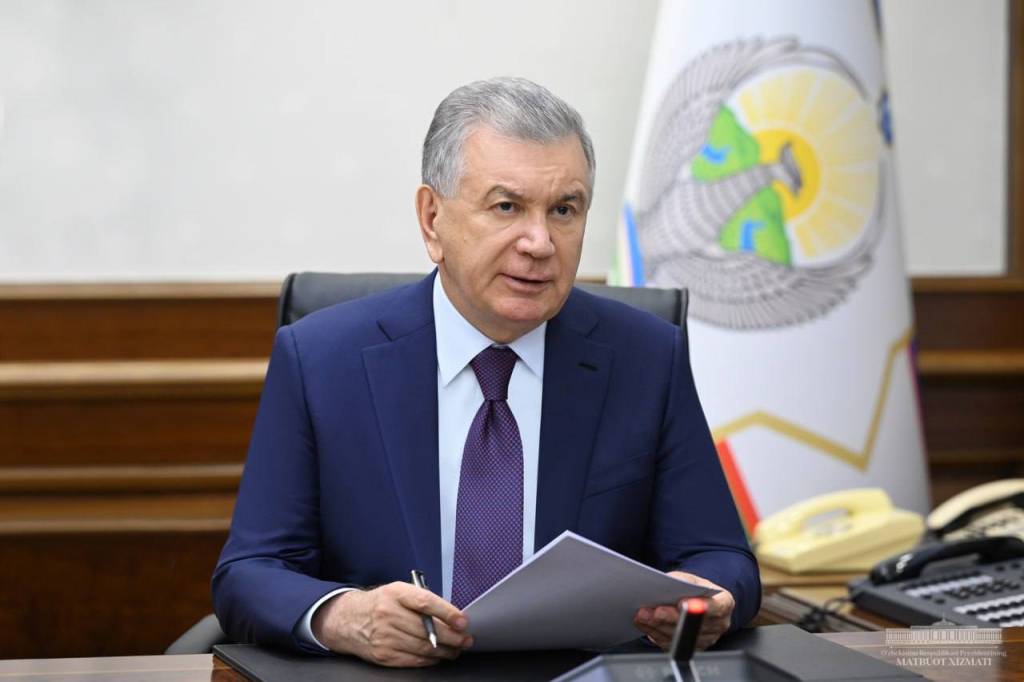WNAM MONITORING: President Shavkat Mirziyoyev got acquainted with the presentation of additional measures in social protection.
Based on the principle that “Uzbekistan is a welfare state”, the country consistently works to support the population, improve and expand the provision of social services.
One of the essential tasks is to create favorable conditions for persons with disabilities. To this end, it is proposed to switch to a digitalized system for identifying disability.

According to the document, the new system will first be implemented in the city of Tashkent and Navoi region and then – until September 1, 2025 – in stages in all regions. Family doctors electronically send medical documents to the Expert Commission. The assessment is carried out by staff of Inson centers based on adapted criteria from the World Health Organization. Simultaneously with the establishment of disability, a rehabilitation program and information about the person’s need for a prosthesis are formed.
It is envisaged to abolish the procedure for expert commissions issuing recommendations on professional rehabilitation, obtaining an education, playing sports, and establishing disability. Focus on work, sports, and education will be carried out using an individual approach.
Expanding conditions for the safe and barrier-free movement of persons with disabilities is also envisaged. Therefore, buildings under construction and renovation are subject to mandatory examination for a barrier-free environment. At least 10 percent of the funds from the Safe Road and Safe Pedestrian Fund will be spent annually on the construction and equipment of intersections, taking into account the needs of persons with disabilities. An electronic interactive map of objects will be established, and a barrier-free environment will be created.
Only buses adapted for persons with disabilities can participate in tenders to purchase public transport. In city public transport, services will be provided free of charge to persons with group I disabilities. Practical measures will be taken to involve persons with disabilities in cultural and entertainment events.

Another proposal at the presentation was the “Inson” project, which involves the World Bank and aims to integrate vulnerable segments of the population into society. Within its framework, 55 multifunctional regional service centers will be created, and 20 types of social services will be launched. Four exemplary centers for inclusive vocational education will be created in Tashkent, Fergana, and Samarkand.
The system’s 5,000 employees will undergo advanced social work training and a regulatory framework for flexible social services and assistance will be formed.
Another innovation in the sphere will be introducing a “social card”. This will fully automate the process of assigning, providing, monitoring, and evaluating social payments and subsidies, social services, and assistance. The “social card” will be both a means of payment and confirmation of membership in a needy category.
This procedure will be introduced first in the city of Tashkent and the Yangiyul district and, starting next year, in other regions. As a result, 72 types of social services, 76 types of assistance, and about 200 benefits will be combined into a single electronic system. Paper documents will be eliminated, saving time and money. Due to the complete digitalization of the sphere, a “social digital passport” will be introduced, reflecting the needs and capabilities of each family.
The Head of state gave instructions on the development and effective implementation of relevant documents, providing assistance to those who needed help realizing themselves in life.

